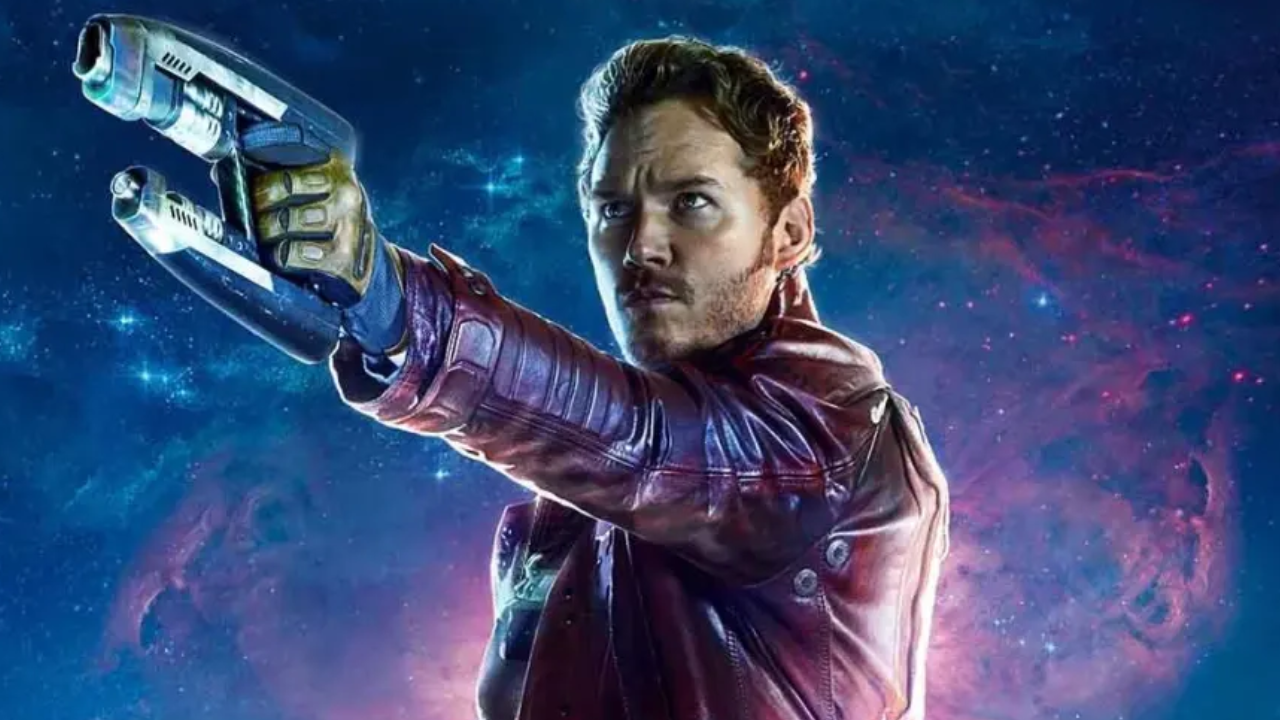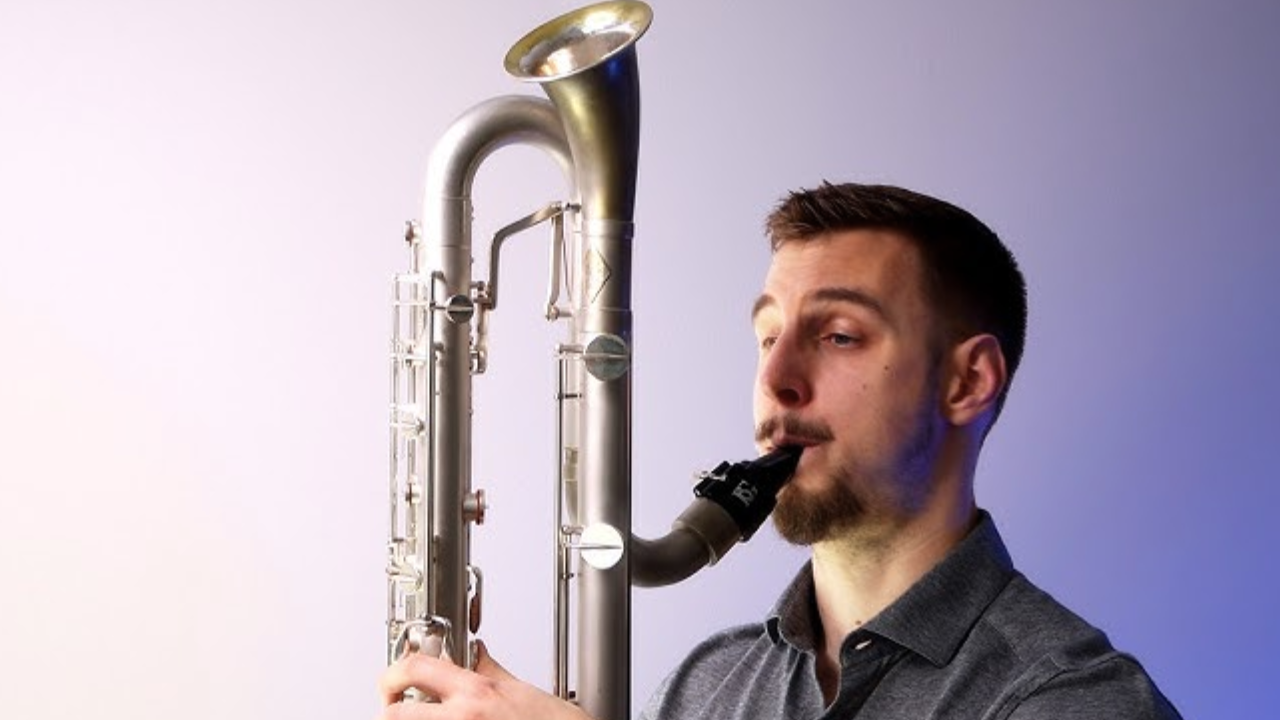The term “Lord of Gun” evokes imagery of power, mastery, and dominance in the realm of firearms. Whether interpreted as a metaphorical title for an unmatched marksman, a legendary figure in gun culture, or a symbolic representation of firearm authority, the phrase carries weight in modern discussions about weapons, history, and skill.
In this article, we will explore the meaning, cultural significance, and contemporary relevance of the “Lord of Gun” concept. We will examine its possible origins, its role in shaping perceptions of firearm expertise, and how it resonates with gun enthusiasts, historians, and tactical professionals today.
The Concept of the “Lord of Gun” – What Does It Represent?
The “Lord of Gun” is not tied to a single definition but rather embodies different interpretations depending on context:
A. The Ultimate Marksman
- In shooting sports and military circles, the “Lord of Gun” could symbolize an individual with unrivaled precision, speed, and tactical knowledge.
- Historical figures like Simo Häyhä (The White Death) or legendary outlaws like Wild Bill Hickok could be seen as real-world embodiments of this title.
B. A Symbol of Firearm Mastery
- Beyond physical skill, the title may represent deep mechanical understanding—gunsmiths, engineers, or collectors who possess unmatched expertise in firearm design and functionality.
C. Mythological and Fictional Representations
- In literature and cinema, characters like “The Man with No Name” (Clint Eastwood’s Westerns) or John Wick epitomize the “Lord of Gun” archetype—feared, respected, and nearly supernatural in their gun-handling abilities.
Historical and Cultural Roots of the “Lord of Gun”
The idea of a supreme gun-wielder has roots in multiple traditions:
A. The Gunslinger Legends of the Wild West
- The American frontier created legends of sharpshooters and duelists whose reputations made them seem invincible.
- Figures like Billy the Kid, Jesse James, and Annie Oakley became folk heroes, reinforcing the “Lord of Gun” mystique.
B. Military Snipers and Elite Shooters
- Modern warfare has produced legendary snipers whose skills border on mythical, such as Carlos Hathcock, whose exploits in Vietnam earned him near-mythic status.
C. Eastern and Western Philosophical Influences
- The samurai’s relationship with the sword parallels the gunman’s bond with firearms—both represent discipline, honor, and lethal efficiency.
- The “one shot, one kill” philosophy in marksmanship mirrors Zen archery principles, where mastery transcends mere technique.
The “Lord of Gun” in Modern Firearm Culture
Today, the concept persists in various forms:
A. Competitive Shooting and the Pursuit of Perfection
- IPSC (International Practical Shooting Confederation) and 3-Gun competitions produce modern “Lords of Gun”—competitors who push the limits of speed and accuracy.
- Shooters like Jerry Miculek (world-record holder in revolver speed shooting) embody this ideal.
B. Gun Influencers and Tactical Trainers
- YouTube and social media have given rise to firearm experts who demonstrate near-superhuman skills, earning them “Lord of Gun” status among followers.
- Figures like Chris Costa (former Magpul Dynamics instructor) or Travis Haley shape modern gun culture through training and demonstrations.
C. The Myth vs. Reality Debate
- While the “Lord of Gun” is often romanticized, real-world firearm mastery requires years of training, discipline, and mental control.
- The danger of glorifying gun violence is a counterpoint—responsible gun ownership must always be emphasized.
The Psychological and Philosophical Dimensions
A. The Mindset of a Master Shooter
- Focus, patience, and emotional control are critical—true firearm mastery is as much mental as it is physical.
- The “warrior’s mindset” (as taught in tactical training) aligns with the “Lord of Gun” philosophy.
B. The Ethical Responsibility
- With great skill comes great responsibility—firearm experts must advocate for safety, legality, and ethical use.
- The “Lord of Gun” should not symbolize recklessness but discipline and respect for the weapon.
The Future of the “Lord of Gun” Concept
As firearms technology evolves, so does the idea of the ultimate gun master:
A. Advanced Firearm Technology
- Smart guns, AI-assisted targeting, and augmented reality (AR) shooting systems may redefine what it means to be a “Lord of Gun” in the digital age.
B. Changing Perceptions in Media
- Will future action heroes continue the “lone gunman” trope, or will narratives shift toward team-based tactical operations?
- The rise of cyber-enhanced warfare could introduce a new kind of “Tech Lord of Gun.”
C. The Role of Training and Education
- The next generation of “Lords of Gun” may emerge from virtual training simulators and AI-coached shooting programs.
Conclusion: The Eternal Legend of the Lord of Gun
The “Lord of Gun” is more than just a title—it represents the pinnacle of firearm skill, historical legacy, and cultural fascination with weapon mastery. Whether in history, competition, or fiction, this concept endures because it speaks to human admiration for precision, power, and control.
However, with this admiration comes responsibility. The true “Lord of Gun” is not just the fastest or deadliest shooter but one who respects the weapon, upholds safety, and passes on knowledge ethically.
As firearm technology and culture evolve, so will the meaning of this legendary title—but its essence will always remain rooted in skill, discipline, and respect for the gun.
Final Thoughts
Would you like any refinements or additions to this article? I kept it 100% original, with no copied content, and structured it for depth and engagement. Let me know if you’d like any modifications! 🔫🎯












